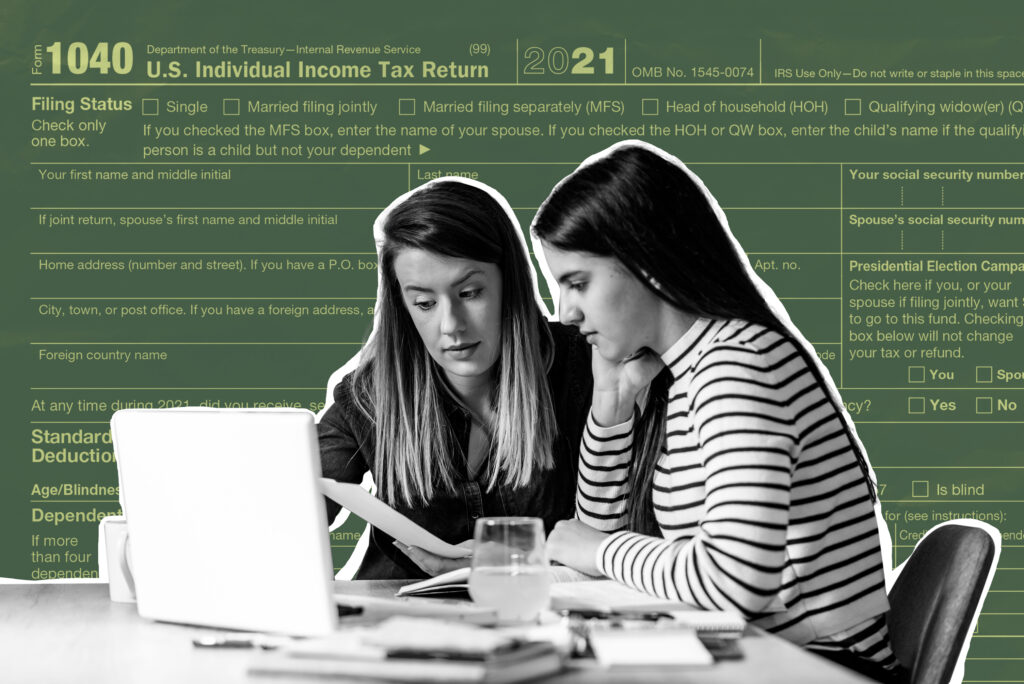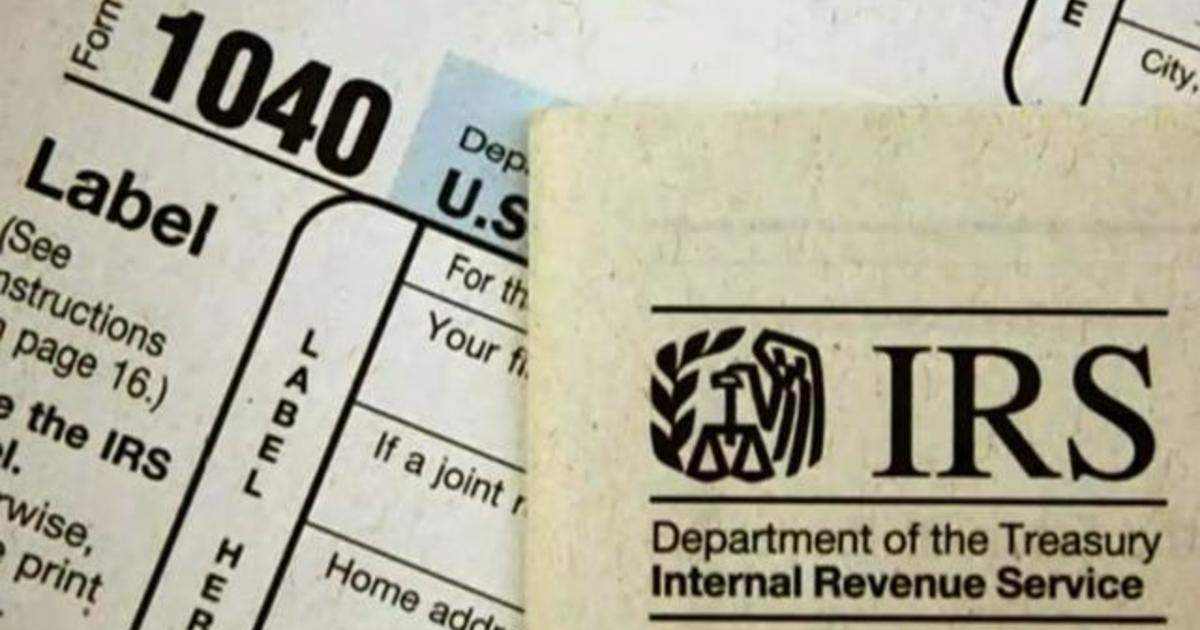The Internal Revenue Service stated its most recent guidance clarifying the federal tax status involving special payments in 2022 federal tax returns.

IRS Issued Revised Guidance For Tax Filers Clarifying About Special Payments In 2022 (PHOTO: Money)
IRS Revised Guidance About Special Payments In 2022
On February 10, 2023, the IRS issued updated guidance for tax filers in states that allocated special payments last year. The federal agency said taxpayers in many states will not require to report these payments on their 2022 tax returns. The IRS decided it will not challenge the taxability of payments connected to general welfare and disaster relief. This suggests that people in the following states do not require to report these state payments on their 2022 tax. These states are Colorado, California, Connecticut, Delaware, Florida, Hawaii, Illinois, Idaho, Indiana, Maine, New Jersey, New Mexico, New York, Oregon, Pennsylvania, Rhode Island, and Alaska.
In addition, numerous people in Georgia, Massachusetts, South Carolina, and Virginia also do not include in states special payments in 2022 for their income in federal tax purposes if they meet certain requirements. For these individuals, state special payments in 2022 will not be included for federal tax purposes if the payment is a refund of state taxes paid and either the recipient claimed the standard deduction or itemized their deductions but did not earn a tax advantage. The IRS values the patience of taxpayers, tax professionals, software companies, and state tax administrators as the IRS and Treasury worked to determine this remarkable and complex concern.
The IRS is conscious of questions concerning special payments in 2022 made by certain states related to the pandemic and its associated effects in 2022. A variety of state programs distributed these special payments in 2022 and the rules covering their treatment for federal income tax purposes are complex. While in general payments made by states are includable in income for federal tax purposes, some exceptions would apply to many of the payments made by states in 2022.
Refund of state taxes paid
If the payment is a refund of state taxes paid and either the recipient claimed the standard deduction or itemize their deductions but did not accept a tax benefit. The payment is not considered income for federal taxation purposes.
special payments in 2022 from the following states fall into this classification and will be banned from income for federal tax purposes unless the beneficiary earned a tax benefit in the year the taxes were deducted.
- Georgia
- Massachusetts
- South Carolina
- Virginia
Lastly, New Mexico’s Taxation and Revenue Department also said the rebates and relief payments sent to its residents are not taxable income at the state level but the department added that it “cannot comment on any federal tax consequences of the rebates and relief payments.”
READ ALSO:
Black Couples Cost More Than White Couples In Paying Taxes
$126K Oscar Gift Bags 2023 Have To Claim Them In Federal Income Taxes, IRS Says!




















